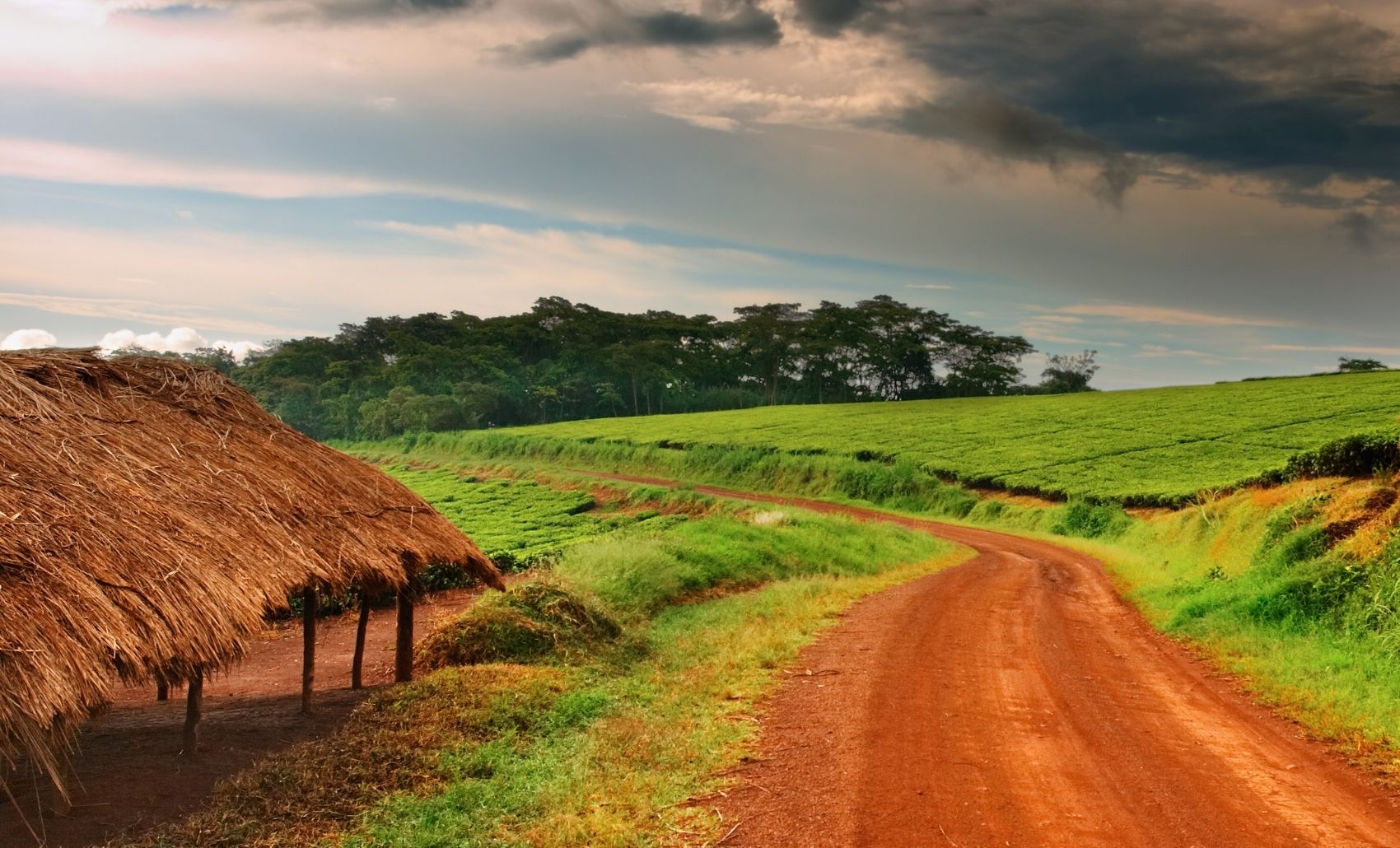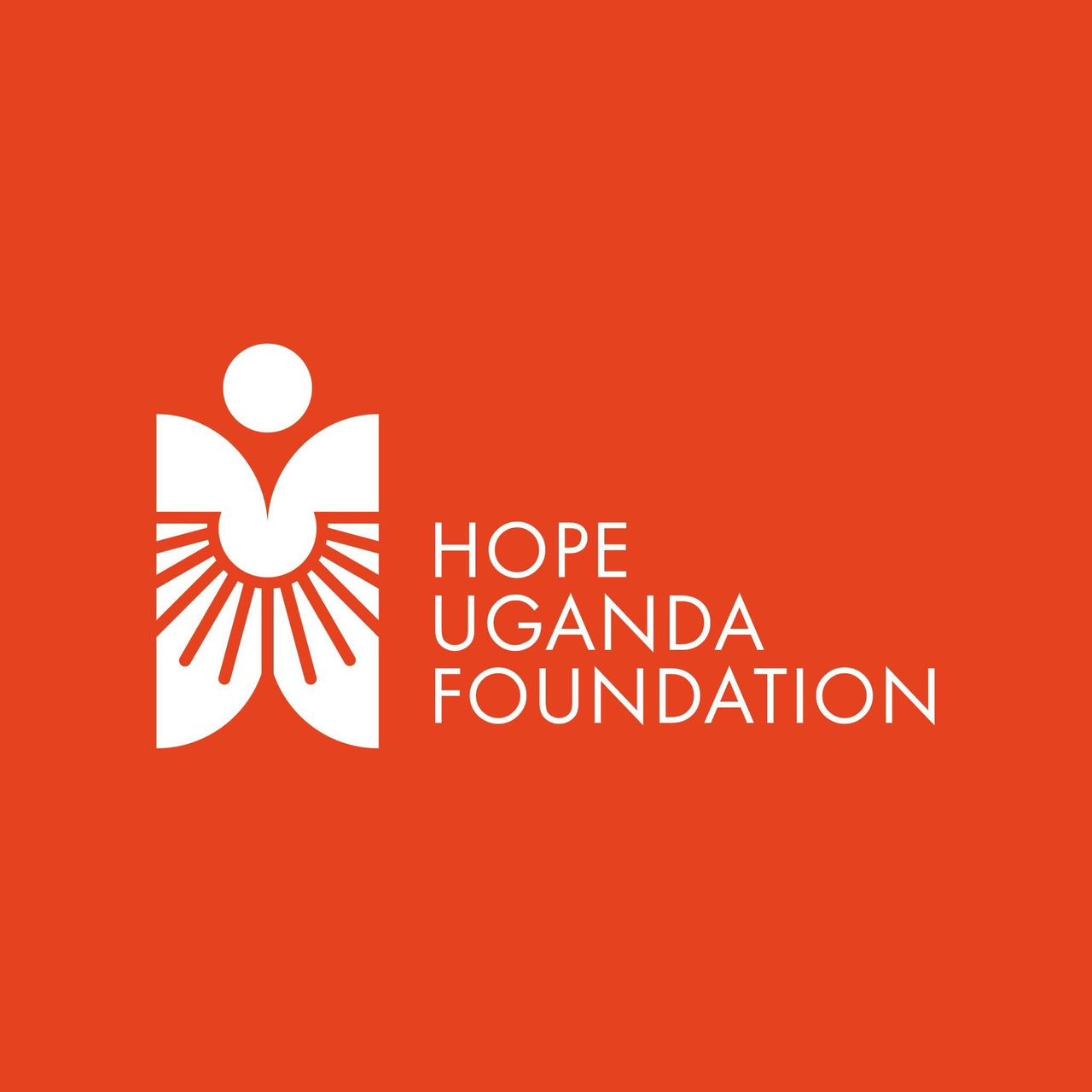Weather
Uganda’s climate is tropical. This means it is generally rainy (particularly during the months of March to May, September to November), while the remaining months (December to February, June to August) comprise Uganda’s two dry seasons.
Uganda, landlocked in eastern Africa, has a climate heavily shaped by its own topography and that of surrounding regions. High mountains along some of its margins, an elevated plateau and plentiful lakes — including Lake Victoria, the biggest in Africa — all exert a real influence. Travellers here can go from a steamy lowland of truly tropical feel to the snowpack of lofty crags.
Although generally equatorial, the climate is not uniform as the altitude modifies the climate. Southern Uganda is wetter with rain generally spread throughout the year. At Entebbe on the northern shore of Lake Victoria, most rain falls from March to June and the November/December period. Further to the north a dry season gradually emerges; at Gulu about 120 km from the Sudanese border, November to February is much drier than the rest of the year.
The northeastern Karamoja region has the driest climate and is prone to droughts in some years. Rwenzori in the southwest on the border with Congo (DRC) receives heavy rain all year round. The south of the country is heavily influenced by one of the world’s biggest lakes, Lake Victoria, which contains many islands. It prevents temperatures from varying significantly and increases cloudiness and rainfall. Most important cities are located in the south, near Lake Victoria, including the capital Kampala and the nearby city of Entebbe.
When travelling to Uganda , you should study up on Uganda’s weather and climate ahead of your trip so you can pack accordingly. Rain should be expected in the Lake Victoria vicinity, upper highlands and during the wet seasons of other regions. Hikers and mountaineers in the Ugandan high country need warm clothing to contend with sometimes-frigid night temperatures and storms.
Culture & Languages
The culture of Uganda is made up of a diverse range of ethnic groups. Lake Kyoga forms the northern boundary for the Bantu-speaking peoples, who dominate much of east, central and southern Africa. In Uganda, they include the Baganda and several other tribes. In the north live the Lango and the Acholi, who speak Nilotic languages. To the east are the Iteso and Karamojong, who speak a Nilotic language, the Gishu are part of the Bantu and they live mainly on the slops of Mt Elgon speaking Lumasaba, closely related to the Luhya of Kenya. A few Pygmies live isolated in the rainforests of western Uganda.
Uganda is home to many different ethnic groups, none of whom forms a majority of the population. Around forty different languages are regularly and currently in use in the country. English became the official language of Uganda after independence. Ugandan English is a local variant dialect.
The most widely spoken local language in Uganda is Luganda, spoken predominantly by the Ganda people (Baganda) in the urban concentrations of Kampala, the capital city and in towns and localities in the Buganda region of Uganda which encompasses Kampala. The Lusoga and Runyankore-Rukiga languages follow, spoken predominantly in the southeastern and southwestern parts of Uganda respectively.
Swahili, a widely used language throughout eastern and central East Africa, was approved as the country’s second official national language in 2005.
Religion
According to the census of 2002, Christians made up about 84% of Uganda’s population. The Roman Catholic Church has the largest number of adherents (41.9%), followed by the Anglican Church of Uganda (35.9%). Evangelical and Pentecostal churches claim the rest of the Christian population. The next most reported religion of Uganda is Islam, with Muslims representing 12% of the population. The Muslim population is primarily Sunni; there is also a minority belonging to the Ahmadiyya Muslim Community. The remainder of the population follow traditional religions (1%), Bahai (0.1%), or other non-Christian religions (0.7%), or have no religious affiliation (0.9%).
Language
Uganda is a home to many tribes that speak different languages. Uganda has 56 tribes and about nine indigenous communities that formally came to be recognized in the 1995 constitution amendment of 2005. English is the official language of Uganda. Luganda and Swahili are also widely spoken in most parts of the country. There is also French, Arabic and Germany mainly in institutions where they are taught and at embassies. The following are the indigenous communities in Uganda
| Acholi Alur Baamba Babukusu Babwisi Bafumbira Baganda Bagisu Bagungu Bagwe Bagwere Bahehe Bahororo Bakenyi Bakiga Bakonzo Banyabindi Banyankore Banyara Banyarwanda Banyole Banyoro Baruli Basamia Basoga Basongora Batagwenda Batoro | Batuku Batwa Chope Dodoth Ethur Ik (Teuso) Iteso Jie Jonam Jopadhola Kakwa Karimojong Kebu (Okebu) Kuku Kumam Langi Lendu Lugbara Madi Mening Mvuba Napore Nubi Nyangia Pokot Sabiny So (Tepeth) Vonoma |



